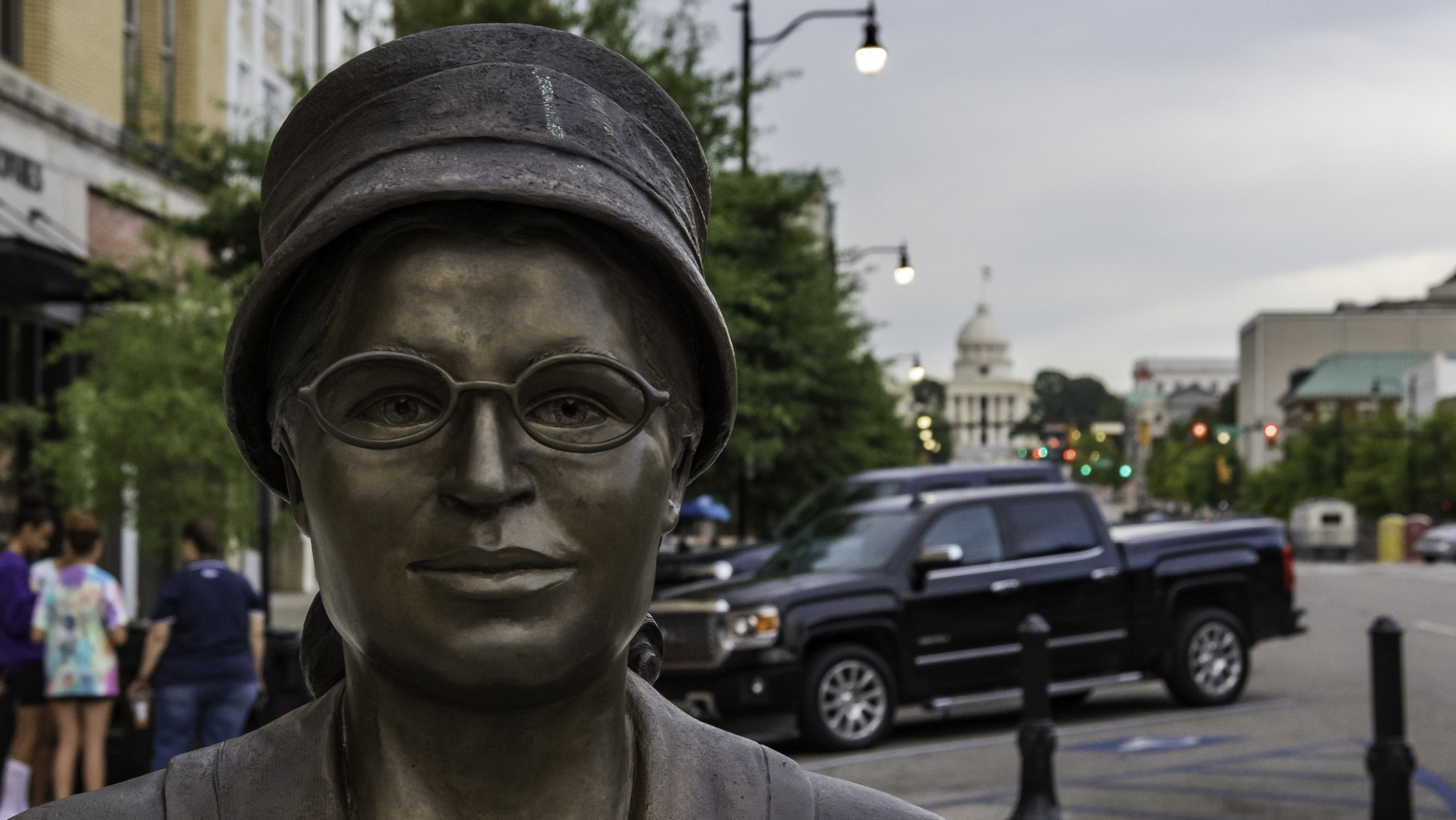The Montgomery County Probate Court announced Monday that throughout February, it will release four weekly videos showcasing historical records from the Montgomery County Archives, a division of the probate court. Dallas Hanbury, the Montgomery County Archivist, will present a distinct historical item each week and explain its significance to Black History Month.
The items to be featured include:
- The original iconic arrest booking photo of Rosa Parks in February 1956, when she was part of the mass arrest of Montgomery Improvement Association members who violated Alabama’s anti-boycott law.
- The booking photos of other Montgomery civil rights leaders including Martin Luther King Jr., E.D. Nixon, Joanne Robinson and others.
- An inventory of enslaved people from the estate file of a Montgomery County slaveowner.
- A slaveholder affidavit, used by slaveowners seeking the release of arrested slaves.
- A marriage license recording a unique union that occurred just shortly after the Civil War.
These items were chosen to highlight the strength of the Montgomery County archival collection while underlining items that have a powerful connection to Black History Month and publicizing the fact that these records can serve as an exemplary resource to researchers of all kinds, such as genealogists, historians and those interested in local history.
“These records are important for many reasons, not least of which is that by talking about them, some measure of humanity is restored to the enslaved people mentioned in them,” Hanbury said. “Additionally, these records enable relatives to find and connect with their enslaved ancestors in the historical record. Furthermore, these records enable residents of Montgomery County to have a more complete understanding of their county’s history.”
Montgomery County Probate Judge J.C. Love said that he believes, “These historical records not only tell Montgomery County’s history but America’s history.”
“Montgomery occupies a unique place in our country’s history — serving as both the birthplace of the Civil War and the birthplace of the modern struggle for Civil Rights — and these records serve as another piece of that American puzzle,” Love said. “These records also show how government, particularly my office, functioned as a part of the institution of slavery.”
Black History Month was started by Carter G. Woodson as Negro History Week. Woodson was born the son of freed slaves in 1875 in Virginia. The family moved to West Virginia for better employment opportunities. The young Woodson worked as a coal miner to save enough money to get an education. He taught himself English and Math and proceeded to graduate from Berea College and a master’s degree in history from the University of Chicago. In 1912, Woodson became the second African American to obtain a Ph.D. from Harvard University.
Woodson and a group of friends in Chicago created the Association for the Study of Negro Life and History in 1915. Woodson is the author of ‘The Mis-Education of the Negro.”
“When you control a man’s thinking you do not have to worry about his actions,” Woodson wrote. “You do not have to tell him not to stand here or go yonder. He will find his ‘proper place’ and will stay in it. You do not need to send him to the back door. He will go without being told. In fact, if there is no back door, he will cut one for his special benefit. His education makes it necessary.”
In 1926, Woodson started Negro History Week in the second week of February because it coincides with the birthdays of Abraham Lincoln and Frederick Douglas, who worked to end slavery. It became Black History Month in 1976.

















































